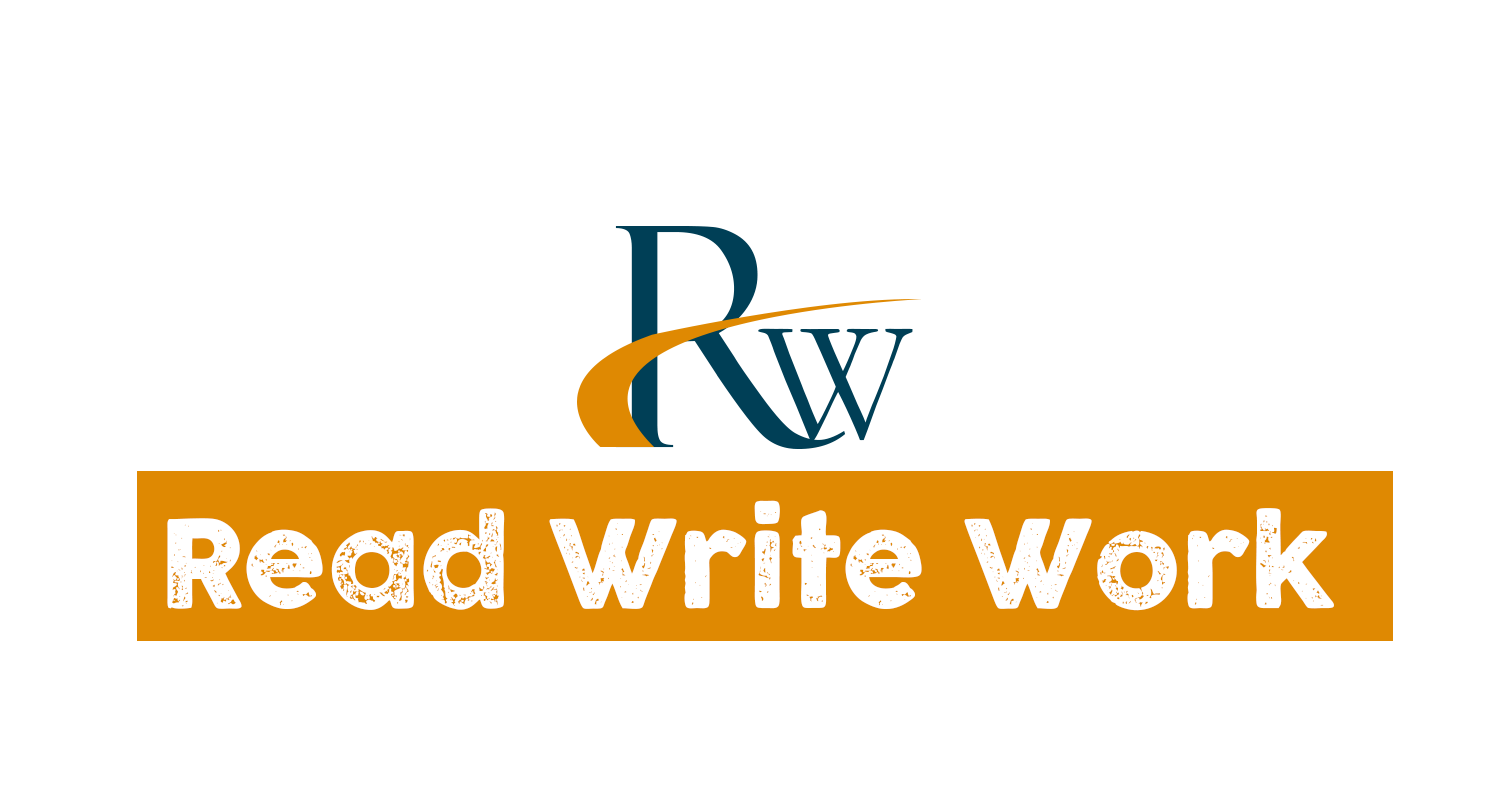Think of professional life as sailing on an endless ocean. The waves represent challenges, the wind symbolises opportunities, and the compass that keeps you steady is continuous learning. Without it, even the most skilled sailor risks drifting aimlessly. Learning, when woven into daily work, transforms from a scheduled event into a natural rhythm—like breathing in knowledge and exhaling innovation. It is not about stopping the ship to consult a manual; it is about adjusting the sails in motion.
Knowledge as a Daily Companion
Too often, organisations treat learning as a pit stop—scheduled workshops, weekend courses, or annual conferences. But real progress happens when knowledge becomes a companion in the flow of everyday tasks. Imagine a chef refining recipes while cooking in a busy kitchen, not only in culinary school. Similarly, professionals grow fastest when they pick up insights, experiment with tools, and apply new concepts directly to live projects. That is why programmes like DevOps Coaching in Bangalore emphasise practice alongside theory, ensuring that learners do not store knowledge away but carry it into every decision they make at work.
The Garden of Incremental Growth
Learning is rarely a thunderclap of sudden genius—it is more like nurturing a garden. You plant seeds in the form of small lessons, water them with repetition, and allow them to bloom over time. When employees treat each task as fertile ground, knowledge becomes embedded in routines rather than separate from them. Whether it is writing cleaner code, refining deployment scripts, or strengthening team communication, growth happens in small, consistent steps. A structured approach to skill-building, often championed in initiatives such as DevOps Coaching in Bangalore, helps professionals cultivate resilience and mastery without overwhelming themselves.
Turning Work into a Learning Laboratory
Daily work itself is the richest classroom available. Every bug encountered is a case study, every deployment a practical exam, every retrospective a chance to sharpen collaboration. By approaching challenges with curiosity, professionals convert routine responsibilities into experiments. It is the mindset of a scientist: treat failure as data, analyse outcomes, and adapt strategies. This approach does more than enhance skills—it builds confidence and adaptability, qualities indispensable in fast-changing industries.
The Role of Storytelling in Learning Retention
Humans are wired to remember stories more than abstract facts. Think of how folklore is passed down generations, not through charts but through tales. Similarly, knowledge embedded in narratives—success stories, post-mortems of failures, or even anecdotes from mentors—sticks with us longer. Leaders who share stories of resilience or creativity help their teams see learning not as a lecture but as a shared journey. Embedding these stories into daily meetings or informal chats turns routine work into a wellspring of inspiration.
Building Habits, Not Events
A habit is something you do without thinking, like tying your shoelaces or brushing your teeth. When learning reaches this level, it becomes second nature. Achieving this requires consistency: short reading sessions, quick knowledge-sharing stand-ups, or bite-sized practice tasks. These micro-actions accumulate into mastery over time. Rather than setting aside hours, teams can weave learning into daily rituals—checking an article during coffee breaks, experimenting with scripts after a sprint, or mentoring a junior colleague on the fly. Over months, these actions create an unshakable rhythm of growth.
Conclusion
Making learning a habit is not about adding extra weight to already busy schedules—it is about shifting perspective. Like a musician who improves through daily practice rather than annual concerts, professionals can refine themselves through small, consistent actions. When knowledge is integrated into daily work, it ceases to be an obligation and becomes a way of life. Storytelling, curiosity, and incremental growth act as catalysts, transforming routines into opportunities. For organisations and individuals alike, the key to staying relevant is not in rare bursts of training but in the steady heartbeat of everyday learning.







